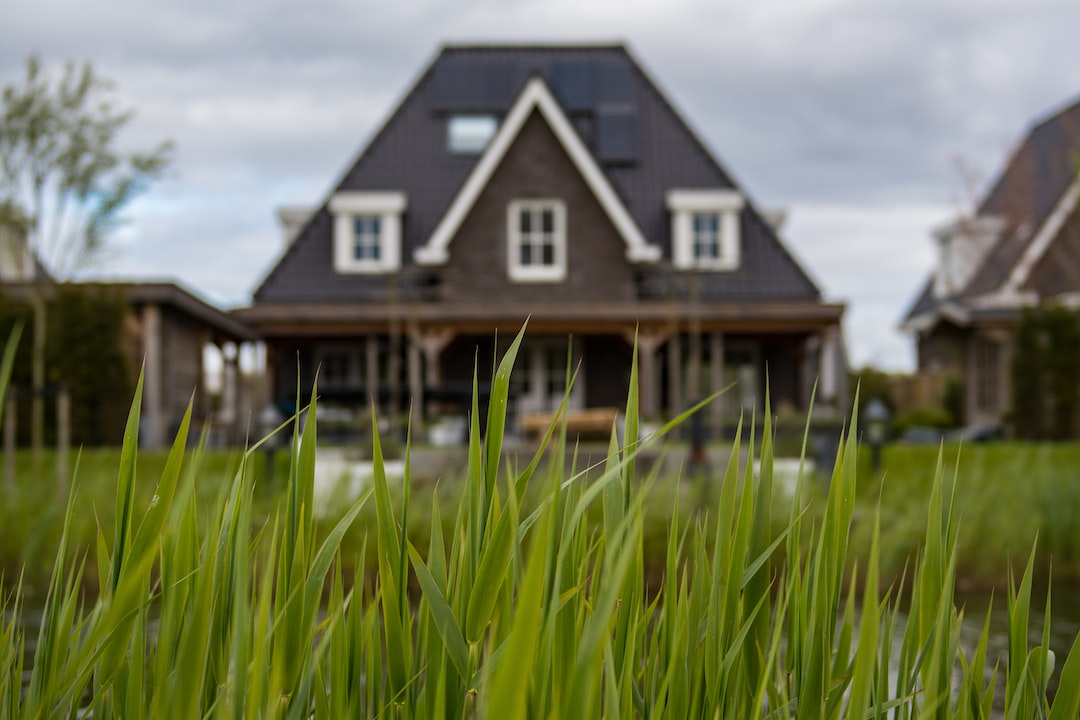The impact of COVID-19 on the real estate market: What to expect
COVID-19 has had far-reaching implications across various sectors, one of the most affected being the real estate market. As economies shut down and people were confined to their homes, the housing market experienced a significant slowdown. However, as the world gradually adapts to the new normal, what can we expect for the future of the real estate market?
One of the immediate impacts of the pandemic was a decline in buyer demand. With the uncertainties surrounding the economy and job security, many potential buyers put their purchasing plans on hold. Additionally, the restrictions on physical movement and social distancing measures made home viewings and property inspections challenging. Consequently, this slowdown in demand led to a decrease in property prices.
However, as some countries successfully control the spread of the virus and ease lockdown restrictions, there has been a resurgence in buyer interest. Low interest rates and government stimulus packages have also played a role in spurring demand. This renewed interest has driven property prices back up, as competition among buyers intensifies.
Moreover, COVID-19 has resulted in a change in buyer preferences. With working from home becoming the norm for many professionals, the need for more space has become crucial. This has led to an increased interest in properties with home offices, larger living spaces, and outdoor areas. Likewise, the demand for properties in rural or suburban areas has surged, as people seek to escape densely populated cities.
As the pandemic continues to shape the real estate market, some long-term effects are also starting to emerge. One notable trend is the rise of virtual viewings and online transactions. With social distancing guidelines still in place in many regions, real estate agents and property developers have embraced technology to provide virtual tours and facilitate remote transactions. This shift towards digital platforms is likely to continue even after the pandemic subsides, as it offers convenience and broader market reach.
Furthermore, COVID-19 has impacted the commercial real estate sector significantly. As businesses transitioned to remote work, the demand for office spaces diminished. Many companies discovered the feasibility and cost-effectiveness of working remotely, leading to a reevaluation of their office space requirements. Subsequently, the commercial real estate market experienced a decline in demand and an increase in available office spaces.
In contrast, the industrial real estate sector has seen increased demand due to the growth of e-commerce. With a surge in online shopping, logistics and distribution centers have become essential. This has led to a rise in demand for warehouse spaces and industrial properties, making it a promising investment opportunity.
The rental market has also experienced its fair share of ups and downs due to COVID-19. As job losses and financial uncertainties impacted many individuals, rental prices dropped in some areas. Landlords were willing to negotiate lower rents to retain tenants, resulting in increased affordability for renters. However, this trend is not universal, as some cities continue to experience a tight rental market with limited supply and high demand.
The consequences of the pandemic on the real estate market extend beyond the present. Experts predict potential long-term impacts such as changes in the supply chain for construction materials and a slowdown in infrastructure development. Additionally, if the economic fallout from the pandemic persists, there could be an increase in mortgage defaults and foreclosures, possibly leading to a glut in the real estate market.
In conclusion, the impact of COVID-19 on the real estate market has been significant and multifaceted. While the initial decline in demand and property prices caused concern, the market has shown signs of recovery in some regions. Changes in buyer preferences and the adoption of technology have also begun to shape the industry. As the world adjusts to the new normal, continued vigilance and adaptability will be necessary for the real estate market to navigate the uncertain path ahead.
